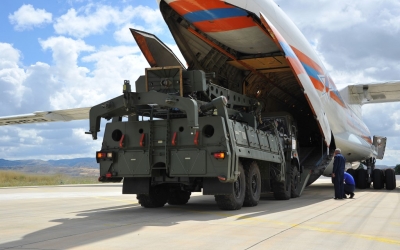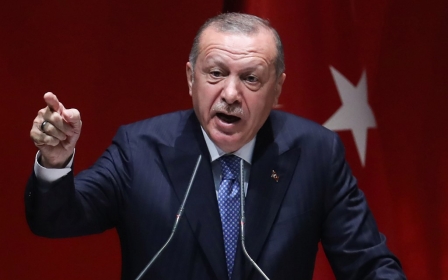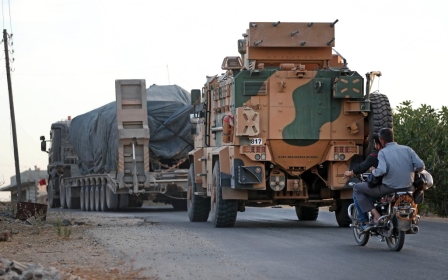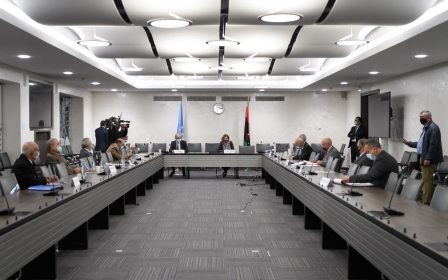Turkey faces 'real' risk of sanctions for testing Russian S-400 missile system: US
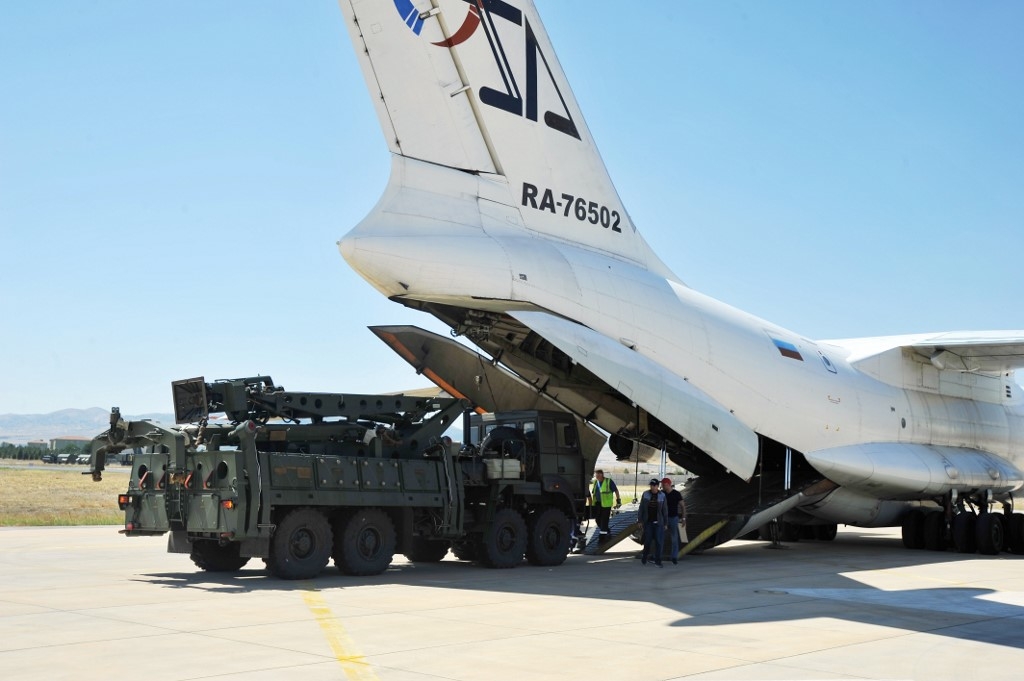
A US State Department official warned that Turkey faces a "very real" risk of sanctions after Ankara tested its Russian-made S-400 air defence system.
"That risk is very real because they... continue to pursue the S-400," R Clarke Cooper, a senior State Department official in charge of arms sales, said on Wednesday.
"And, of course, with the testing of it, sanctions is very much something that is on the table."
Earlier this month, Turkey, a Nato ally, conducted its first test of the S-400 system in the town of Sinop, near the Black Sea. The test came despite months of warnings from the US that the system was incompatible with Nato membership and could give Russia the ability to track and shoot down Western-made fighter jets.
A law passed overwhelmingly by Congress in 2017 lays out sanctions against nations that buy significant quantities of arms from US adversaries, including Russia.
The US had already removed Turkey from its F-35 fighter-jet programme after it bought the S-400 system in 2017.
Cooper said on Wednesday that the US had set a red line of Turkey not activating the missile defence system.
Even after the test, the State Department official said he hoped that Ankara would "walk back from operationalising" the system.
"Put it away, decommission it, just do not integrate it and make it operable," he said.
"We certainly are working to make sure that Turkey remains in the West. This is something that's important not only to the United States, but to the overall alliance."
In a speech on Sunday, Turkish President Recep Tayyip Erdogan hit back at the threat of sanctions, accusing the US of treating his country like a "tribal state".
The S-400 purchase had been seen as part of Erdogan's effort to rebalance Turkey's relationship with Russia amid tensions with Western powers on multiple fronts.
Still, relations between Turkey and Russia show increasing signs of strain over Ankara's military involvement in Syria, the Caucasus and Libya, where Moscow also has interests. On Monday, Erdogan condemned Moscow over an air strike that killed dozens of pro-Ankara rebels in Syria.
US President Donald Trump had previously appeared to show sympathy for Erdogan, blaming the Turkish president's decision to turn to Russia on Trump's predecessor, Barack Obama.
Middle East Eye propose une couverture et une analyse indépendantes et incomparables du Moyen-Orient, de l’Afrique du Nord et d’autres régions du monde. Pour en savoir plus sur la reprise de ce contenu et les frais qui s’appliquent, veuillez remplir ce formulaire [en anglais]. Pour en savoir plus sur MEE, cliquez ici [en anglais].


